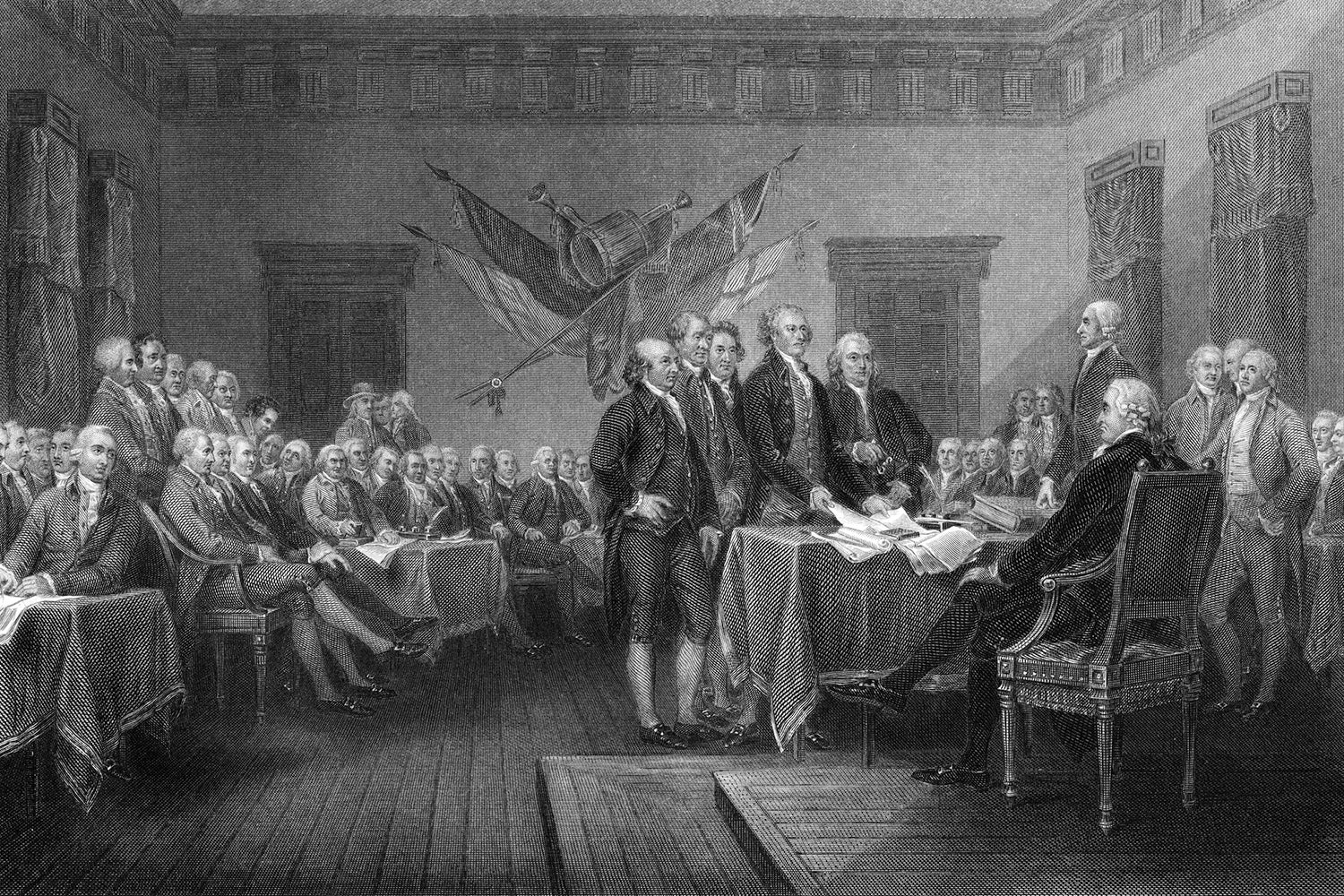Debate, at its zenith, transcends mere discourse, evolving into an art form where divergent viewpoints converge to elucidate and often reconcile multifaceted issues. Its roots, deeply embedded in public forums, academic discourses, and legislative assemblies, have metamorphosed over the ages. This treatise embarks on an intricate exploration of debate, tracing its illustrious origins, transformative evolution, and contemporary manifestations.
The Evolution of Debate: From Ancient Greece to the Present
Ancient Foundations: Philosophical Contentions and Early Discourse
The genesis of debate can be traced to the intellectual and political dialogues of Ancient Greece and India. In Athens, the cradle of democracy, an open forum fostered vigorous philosophical and political dialogues. The Socratic method, more than a mere intellectual exercise, was integral to democratic engagement, nurturing critical thought and civic participation.
Similarly, in Ancient India, Shastrartha debates were pivotal. These were not mere academic exercises; they played a fundamental role in shaping social and religious paradigms. The rigorous debates were arenas of intellectual and personal evolution, shaping societal norms and practices.
Medieval and Renaissance Dialogues: Scholarly and Public Engagement
The medieval epoch witnessed debates as central to both academic and public spheres. In Imperial China, the Discourses on Salt and Iron (81 BCE) underscored the significance of debate in policy and governance, reflecting its role in shaping economic and political thought.
The Renaissance era rekindled the spirit of debate with renewed vigor. Debating societies began to flourish across Europe, becoming not just intellectual sanctuaries but also platforms for public discourse and societal transformation.
Debating Societies: From Enlightenment to Modernity
The Surge of Debating Societies in the 18th Century
The 18th century heralded the rise of debating societies, particularly in London and Dublin. Trinity College Dublin’s The Hist (established in 1770) and The Phil (founded in 1683) epitomize the early instances of such societies. These institutions transcended academia, serving as social entities that mirrored and influenced broader societal conversations.
In London, these societies became a cornerstone of public discourse, addressing a plethora of topics from politics to social issues, thus integrating themselves into the city’s cultural milieu.
The Commercialization of Debate
John Henley, a clergyman who inaugurated an Oratory in 1726, was instrumental in commercializing debate. By leveraging the print industry and innovating venue modifications, Henley transformed debates into a form of popular entertainment.
By the late 18th century, debates had become a staple in London, with numerous venues hosting structured, lively discussions. These debates adhered to civility and topic relevance, reflecting the evolving norms of public discourse.
Student Debating Societies: Cultivating Future Leaders
The Emergence of Student Debating Societies
Student debating societies have been crucial in molding future leaders. The American Whig Society at Princeton University, co-founded by James Madison in 1765, stands as a prime example. Similarly, the Dialectic and Philanthropic Societies at the University of North Carolina, established in 1795, continue to thrive.
The St Andrews Debating Society, founded in 1794, and the Cambridge Union Society, established in 1815, are notable UK-based student debating societies. These institutions have been instrumental in developing public speaking skills and critical thinking among students.
Parliamentary Debate: Influencing Legislation and Policy
The Structure and Impact of Parliamentary Debate
Parliamentary debate is a formalized process wherein legislators deliberate and vote on proposed laws and amendments. This system, originating in Britain, is now a foundational element in numerous parliamentary systems worldwide. It typically involves two opposing factions, engaging in a series of speeches and rebuttals, ensuring a comprehensive examination of legislative proposals.
Countries such as Canada, Italy, and Japan have adopted similar parliamentary systems, showcasing the global influence of British parliamentary debate. The structured nature of these debates contributes to effective governance and thorough legislative review.
Participatory Democracy and Public Debate
Participatory democracy underscores the importance of direct citizen involvement in decision-making. Public debates are a crucial mechanism in this system, enabling citizens to influence policy discussions.
In France, the Barnier Law of February 2, 1995, established protocols for public debate on environmental issues, reflecting a broader trend of involving citizens in governance through structured discourse.
Emergency Debates in Parliamentary Systems
In some countries, like Canada and the UK, parliament members can request debates on urgent national matters. These emergency debates, prioritized within parliamentary sessions, ensure timely discussion and resolution of pressing issues.
Debates in Electoral Campaigns: Presidential Debates
The Role of Presidential Debates in Elections
Presidential debates have become a quintessential element of electoral campaigns, particularly in the United States. Since 1976, these debates have provided voters with a rare opportunity to witness candidates discuss key issues in direct comparison.
The format of these debates has evolved, with varying degrees of restrictions on questions and discussion topics. Despite these changes, the primary objective remains to offer a platform for candidate comparison and voter engagement.
The Evolution of Debate Sponsorship
Initially moderated by the League of Women Voters, U.S. presidential debates are now overseen by the Commission on Presidential Debates, established in 1987. This shift reflects broader changes in the political and media landscape, influencing the conduct and perception of debates.
Competitive Debating Styles: From Australasia to Europe
Australasian Debating Style
The Australasian style features two teams of three, debating a specific topic. This format, prevalent in Australia and New Zealand, includes “Points of Information” (POIs), allowing debaters to interject with questions during speeches. This style emphasizes engagement and quick thinking, reflecting local issues and interests.
European Square Debating
European square debating, exemplified by its Parisian format, involves four teams representing different nations. This format promotes strategic thinking and coalition-building, focusing on European-centric issues. Teams present arguments and respond to points from other teams, fostering a dynamic and interactive debate environment.
Impromptu Debating
Impromptu debating, characterized by its spontaneous nature, requires participants to speak on a topic presented shortly before the debate. This format highlights public speaking skills and adaptability, offering a valuable exercise in quick thinking and eloquence.
Conclusion
Debate, in its myriad forms, remains an indispensable facet of democratic dialogue and intellectual engagement. From ancient philosophical discourses to modern competitive debates, the art of debate has evolved, mirroring societal and governance changes. By delving into its historical context and diverse formats, we gain a profound appreciation for debate’s role in shaping ideas and influencing global decision-making.










